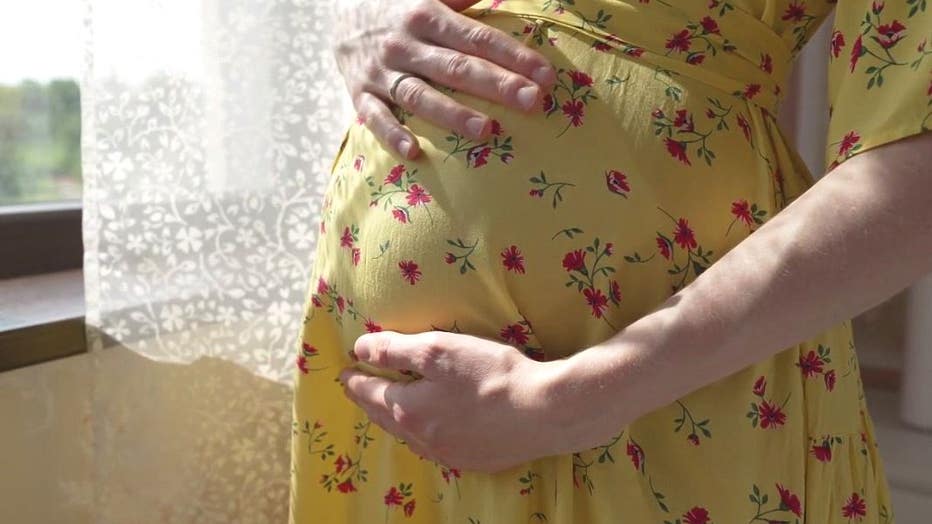Surrogacy ban in Michigan lifted with new Family Protection Act

Surrogacy in Michigan now decriminalized with Family Protection Act
The 1988 Surrogate Act in Michigan effectively sought to legally end surrogacy in Michigan.
FOX 2 - For the first time in 37 years, it’s no longer a crime to enter into a surrogacy contract in Michigan.
The backstory:
The 1988 Surrogate Act in Michigan effectively sought to legally end surrogacy in Michigan. Under this now-repealed law, aspiring parents could not enter into a contract with a surrogate or pay a woman to be a surrogate.
Now, all that has changed, opening up new possibilities for families.
"When Julie, our surrogate, gave birth to my children she also gave birth to me as a mother," said Ginanne Brownell.
Her dreams of having a family she says, were made possible because of a surrogate who carried her children.
"It was incredible to have this connection with somebody who was doing this because she wanted to help create a family," she said.
Brownell, originally from Michigan, had unexplained infertility. And like so many women, when she tried to take advantage of surrogacy in Michigan she realized that wasn’t possible.
"I was shocked and I was surprised, but in the end we decided to work with a surrogate in Illinois and my twins were born in 2018."
On Tuesday the Michigan Family Protection Act took effect. This new legislation repealed the 1988 Surrogate Parenting Act- decriminalizing and legalizing compensated surrogacy contracts in the state.
There is still surrogacy that’s been happening prior to Tuesday when the law took effect, but it appears the law now allows for some sort of formalized agreement between the surrogate and the parents.
"Yes you did have surrogacy in Michigan, but it was sort of under the table in a sense, it depended on where you lived," Brownell said. "It was a very complicated, sort of Frankenstein system and it wasn’t fair."
Michigan’s new law allows intended parents to be recognized from birth, requires surrogates to meet age, birth, and health standards, and mandates independent legal counsel for all parties.
"The intended parents are legally protected, the surrogates are legally protected, the children born through surrogacy are legally protected," she said.
The law is also a "parentage law" in that any child born through assisted reproduction in the state will know who their parents are from birth, which is especially significant for children born to sex couples.
The Source: Information for this report is from the Michigan Family Protection Act and an interview with Ginanne Brownell.


